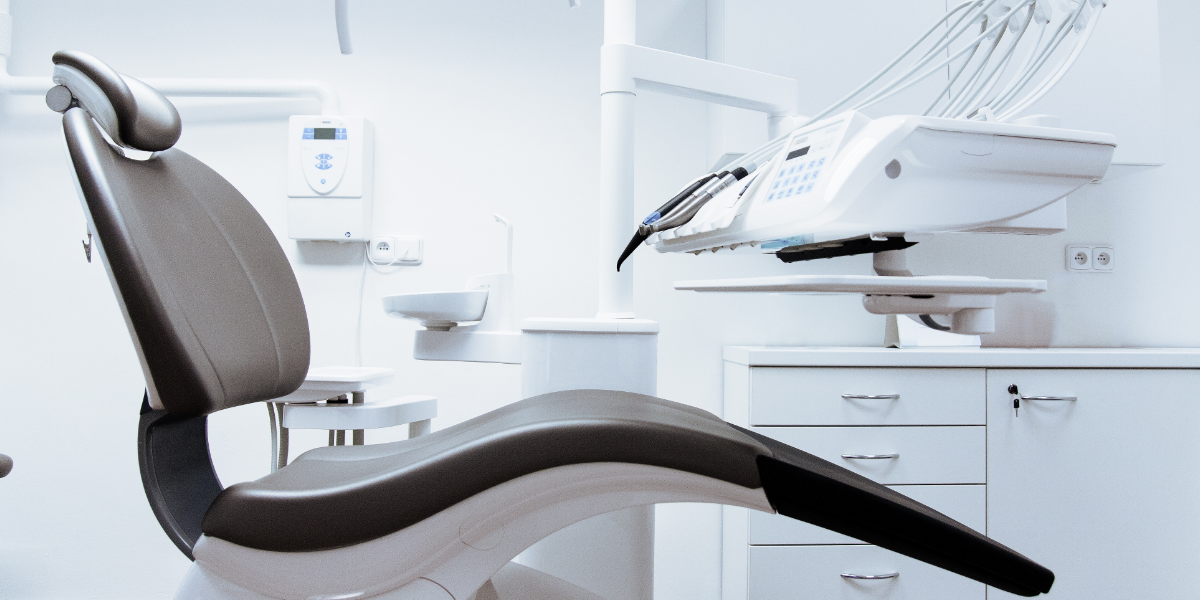Top Benefits of Product Engineering in the Healthcare Industry
- Mobile
- February 4, 2019
Product engineering, in the context of the healthcare industry, refers to the process of innovating, testing, designing and finally deploying software. The modern healthcare ecosystem has undergone a revolution, thanks to Internet of Things (IoT) and product engineering.
A seamless integration of IT into the domain of healthcare fosters a better patient engagement, reduces healthcare expenses and makes the healthcare industry transparent at various levels.
A statistic reveals that patients in ICU, who were equipped with telehealth, were discharged 20% faster and their mortality rate was lower by 26% than the regular ICU patients. This is just an instance that demonstrates the tremendous potential of product engineering in healthcare.
What Problems Can Product Engineering Address?
The healthcare industry across the world has been rapidly evolving. With the inception of product engineering, several issues can be addressed. These include:
- Making the product cycle shorter, so that healthcare products are available faster in the market for sale
- Change the technology necessary to develop the products from time to time
- Product viability based on place and language
- Tackling the market price of the products, which keep rising from time to time
- Controlling the cost of product maintenance
Evidently, product engineering can benefit the healthcare industry to a significant extent. It is already playing a crucial role in maintaining product excellence, dependability, implementation process, and product lifespan.
Benefits of Integrating Product Engineering in the Healthcare Industry
Today, a large number of start-ups and established firms are working on developing dedicated apps for the healthcare industry. These apps aim to make healthcare affordable and simple. Smartwatches and bands have been some of the early accessories, which have been accepted in the market.
Besides, several tools like emergency response systems are being developed for remote monitoring of patients and real-time updates on patients. Technology has shaped the modern healthcare industry to a substantial extent.
Have a look at the various benefits of product engineering in the healthcare industry:
Cost Management
Through product engineering solutions, the medical expenses and costs of insurance can be slashed to a great extent. It takes care of the overall process, right from designing the product, developing the same and validating the software. This enables the customers cope with the product costs.
Ensuring Safety
Integrating advanced software products in the healthcare industry helps in optimizing the cost. At the same time, the customers need not compromise with the quality of these products. This ensures a greater degree of safety in the products.
Addressing Challenges
Product sustenance is one of the most demanding aspects within the domain of healthcare. Applying product engineering, it is possible to address these challenges. Companies achieve this goal through various methods like value evaluation of the product, customizing it, value engineering, program localization and so on.
Simplifying the Products
Keeping healthcare products simple while adhering to the regulatory norms is a challenge for most firms. The developers focus on the requirements of customers and ensure that the products are customized accordingly.
Advantages of Time Zone
At times, healthcare products that are supplied by the same industry are utilized by people from various locations. In these cases, it is necessary to get the devices and applications customized according to the needs. Product engineering has proved to be an effective solution in these situations.
Greater Efficiency
The overall efficiency within the healthcare industry has got a boost, with the inception of product engineering. Hospitals and other healthcare organizations benefit from better time management and accurate results, thanks to engineering solutions.
In the process, the customers remain contented with the quality of services in the healthcare institution. It is important for the organizations to remain competitive. Product engineering leverages their business by increasing the efficiency.
The common areas where product engineering is implemented in the Healthcare industry are:
- Respiratory devices
- Radiology apparatus
- In-vitro devices
- Monitoring and diagnostic devices
- Recording devices
- Therapeutic and healing appliances
A study reveals that the market of connected devices is likely to grow to $158.07 billion by 2022, from $41.22 billion in 2017. The digitization of healthcare devices like diabetic insulin pumps, pacemakers and telemedicine devices is ushering a new world of healthcare facilities.
These devices are IP addressable and the operation of these connected devices bank on massive volumes of data. However, IT professionals are still addressing issues like evaluating and securing this data. It is possible for the service providers to utilize the data to know the needs of the end users. They can come up with products, considering the customized requirements of the end users.
The Use of Advanced Product Engineering in Healthcare
You must be familiar with advancements in diagnostics and nuclear medicine. Technologies like organ mapping technology, automatic image enhancement and quantitative imaging tools have enabled healthcare industries to reap the following benefits:
- Come up with a robust mechanism for fraud analysis
- Effectively carrying out profile analytics of patients
- Working on genomic analytics with a greater accuracy
- Establishing a faster model for R&D
- Making the treatment process cost-effective by extracting high-quality information from various images
The challenges faced by the healthcare industry are numerous. Integrating powerful IoT systems, it is possible to design fool-proof mechanisms. Presently, it is necessary to simplify the solutions, so that the patients can enjoy a better experience within a shorter time-span.
It is true, that IoT is gradually penetrating into the healthcare domain, although this growth is not as fast as in other industries. The change is definitely evident through the better-quality healthcare services that patients can enjoy. In the process, the workflow is getting optimized. Device integration and remote monitoring ensure that patients remain safe and enjoy a faster recovery.
Must Read: A Comprehensive Guide to Healthcare Software Development
Partnering the Right Company for Product Engineering
It is important to understand the strength and skills of companies that develop these products. Through product engineering, it is possible to assemble tools and develop better quality products. The healthcare firms can enjoy appropriate solutions, on collaborating with the established IT firms. They need to ensure the engineered products suit their requirements and are tailored for a specific purpose.
The solution providers cover a diverse range of areas, depending on the nature of products required by the healthcare organizations. The methods of implementation also define the software to a considerable extent. This makes it important to get across to the right service provider. The right engineering solution can help the organizations remain competitive in business.
Various Stages to Apply Product Engineering Services
The healthcare industry encompasses several sub-domains, and product engineering can be implemented at various stages. These include:
- Developing firmware and applications
- Quality controlling through independent validation, assurance and verification
- Risk management and quality consultation for detecting gaps
Architects working in product development teams often consider that the solutions are cost-effective and tailored to resolve the problems instantly. However, they need to get the products tailored for the end users.
Read also: Understanding User Behavior During Product Development: A Brief Guide
It is for this reason that hospitals and healthcare groups need to collaborate with established IT firms, for specific products. It is wise to partner a developer who is well-versed with the domain. This ensures that they can strike a smart strategy while coming up with the necessary product.













